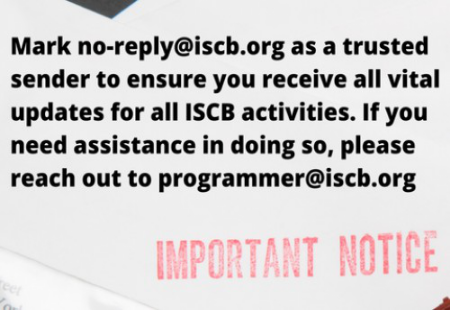
FASEB News - March 31, 2011
Contact: Cody Mooneyhan
This email address is being protected from spambots. You need JavaScript enabled to view it.
301-634-7104
Federation of American Societies for Experimental Biology
New research paper in the FASEB Journal shows that scientists have adequate access to paid journal content since free access to journal articles does not increase their citations
They say the best things in life are free, but when it comes to online scientific publishing, a new research report in The FASEB Journal (www.fasebj.org) suggests otherwise. In the report, Philip M. Davis from Cornell University shows that free access to scientific journal articles leads to increases in downloads, but not to increases in citations (their use), a key factor used in scientific publishing to assess a research article's relative importance and value. This study should help scientists make informed decisions about where they publish their work and assist governments, granting institutions and universities with evaluating whether or not their open access policies are leading to greater dissemination of useful scientific knowledge.
"The widely-accepted 'open access citation advantage' appears to be spurious," said Davis.
"There are many benefits to the free access of scientific information," Davis maintained, "but a citation advantage doesn't appear to be one of them."
To reach his conclusions, Davis ran several parallel randomized controlled trials. Upon publication, articles, including those from The FASEB Journal, were randomly assigned to either the open access or the subscription-access group. He then observed how these articles performed in terms of downloads and citations over three years. He found that free access did not affect the number of citations a paper received, rejecting a widely-held belief that open access articles are cited more frequently because of their free-access status. The results are consistent over time across 36 journals covering the sciences, social sciences and humanities.
"A study like this is long overdue," said Gerald Weissmann, MD, Editor-in-Chief of The FASEB Journal. "For years, institutions and organizations have promoted 'open access' policies under the assumption that some scientists cannot gain access to research reports because they or their institutions have to pay for subscriptions. Now we learn that 'open access' articles may be seen by more, but not cited (used) by more fellow scientists. It's probably time to drop the 'open access advantage' assumption and policies that follow from it."
###
Receive monthly highlights from The FASEB Journal by signing up at www.faseb.org/fjupdate.aspx or you can like the Federation of American Societies for Experimental Biology on Facebook. The FASEB Journal (www.fasebj.org) is published by the Federation of the American Societies for Experimental Biology (FASEB) and celebrates its 25th anniversary in 2011. Over the past quarter century, the journal has been recognized by the Special Libraries Association as one of the top 100 most influential biomedical journals of the past century and is the most cited biology journal worldwide according to the Institute for Scientific Information.
FASEB comprises 23 societies with more than 100,000 members, making it the largest coalition of biomedical research associations in the United States. FASEB enhances the ability of scientists and engineers to improve—through their research—the health, well-being and productivity of all people. FASEB's mission is to advance health and welfare by promoting progress and education in biological and biomedical sciences through service to our member societies and collaborative advocacy.
Details: Philip M. Davis. Open access, readership, citations: a randomized controlled trial of scientific journal publishing. FASEB J.; doi:10.1096/fj.11-183988 ; www.fasebj.org/content/early/2011/03/29/fj.11-183988.abstract



























